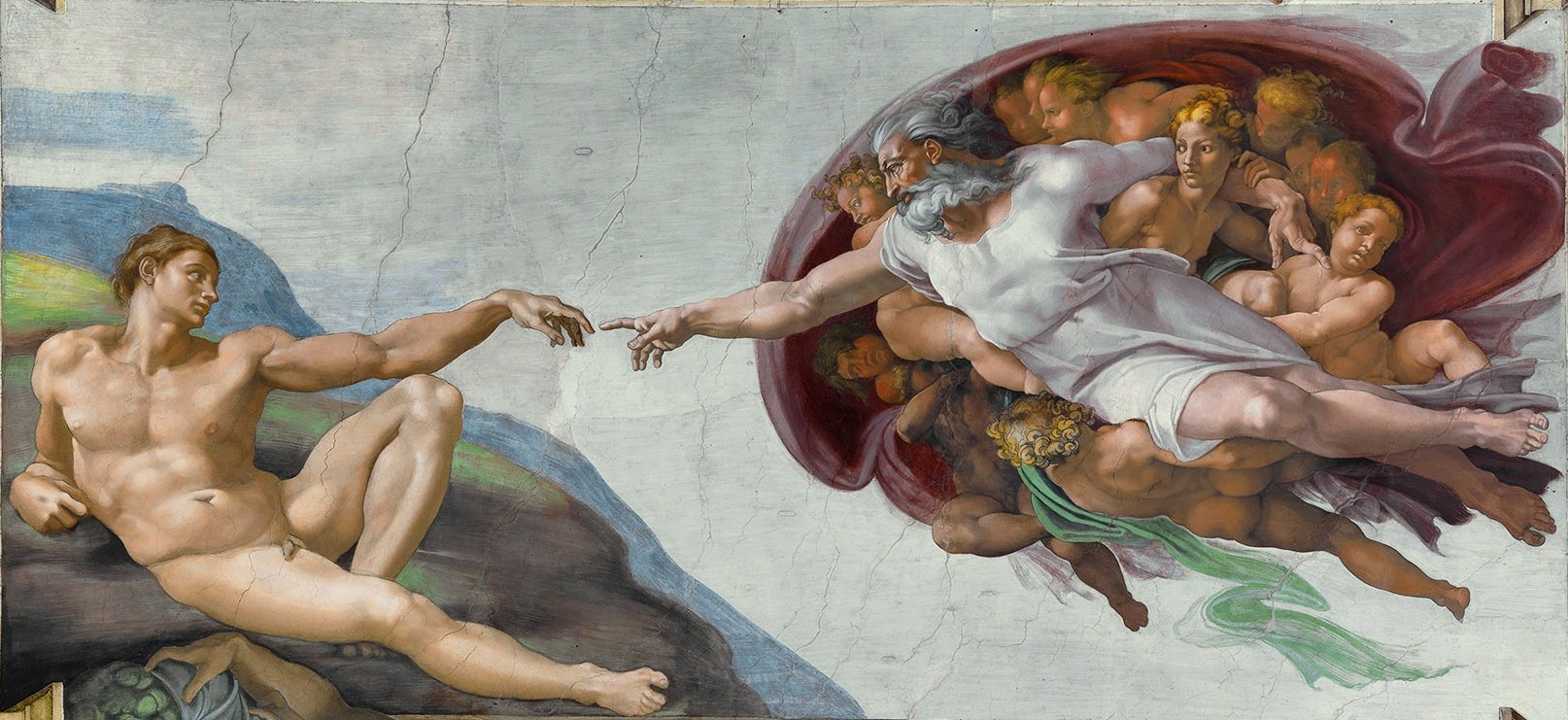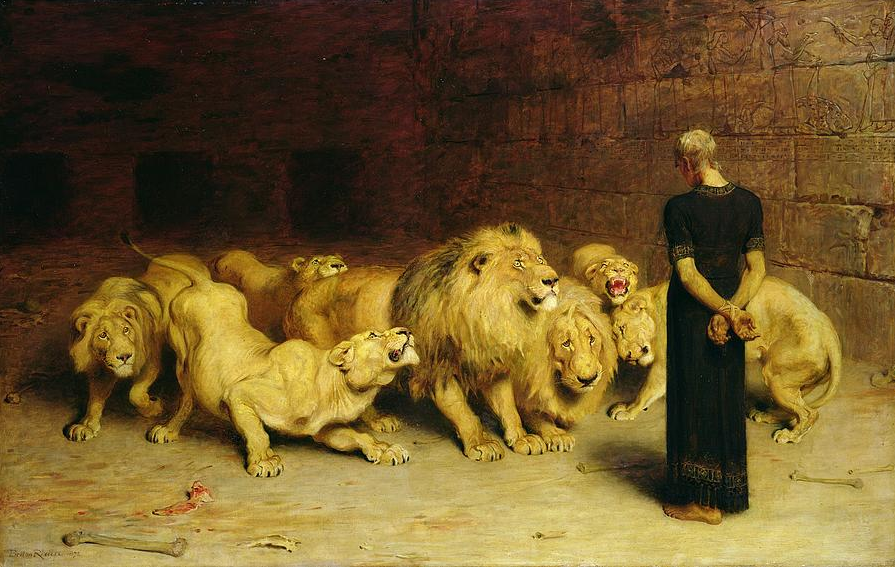
Does Your Church Believe In Evolution or Creation?
1 Comment
Leave a Reply
Latest from Culture

Dangerous Left Wing Rhetoric
On Saturday, July 13, 2024, an assassin came within inches of murdering Donald Trump on a live broadcast. Democrat talking heads immediately split into two camps: some said Trump staged the shooting

Movie Review: Streets of Fire
Underrated. Yes, the acting is forced, the lines are flat, the sets limited, but it makes up for it by being awesome. It's more of a modern Western than anything.

Calvin Coolidge on Independence Day
Speech Given July 1926 We meet to celebrate the birthday of America. The coming of a new life always excites our interest. Although we know in the case of the individual that

Edward the Black Prince
"Valiant and gentle...the flower of all chivalry in the world at that time.”

The Weimar Years – Part 5
Summary of the German Revolution, 1918-1919.




Like evolution is a mechanism with which God Almighty brought the array of species we see today into existence? Most of the science in the holy scripture tells us WHO made it, WHO deserves the glory for it, and WHY He made it. Not how. I could, of course, write a series of essays on some of what I consider problematic with the idea that “if you believe the first 3-10 chapters of Genesis are a parable, rather than literal, absolute history the rest of the Bible has no meaning” train of through, but a comment section is the not best place for that. A short “for instance,” the early chapters of Genesis never mention “atoms,” or the “electroweak force” yet most of the church unquestionably accepts their existence, or totally disregards them. Why is the electroweak force non-threatining, yet the idea the idea of an old universe is?
Another line of thought I see, and find deeply disturbing, is when my brothers or sisters arrive at:
“If I accept the idea that one worm slowly changed into another kind of worm that reproduced more quickly, then that would mean God does not exist.”
I’m sorry, but I would hope one’s faith to be a little more robust.
The so-called “big bang” is a very interesting reverse of this kind of thinking. In the 1920’s humanistic astronomers believed the universe to be eternal and probably unchanging. Edwin Hubble ran into a lot of resistance from the scientific community for the implications that arose from his model of an expanding universe. For if the universe is expanding, then is must have at a “start point.” A moment of creation. This logically presupposes a Creator. The naturalistic science community flipped out. But it should have been no problem for Christians, although I think it kind of was. The mechanism of how the universe came to it’s present state is of little interest to the theology of the Bible. The bible tells us WHO created the big bang, and to some degree, WHY he did it. It does not, and should be be forced, to tell us HOW he did it.
That’s why God made scientists, too.
On the other hand, if I get to glory (or am presented with additional, verifiable evidence) and am shown to be totally wrong … great. I still give God glory that he worked wonders that are totally at odds with all the current available evidence. And I’m not being sarcastic there. I have no problem with people who believe in a 6000 year old, or 50000 year old universe either. I think they are in error, of course, but I think it is an honest error, arrived at by an uncritical review of the available data. But if they “confess Jesus as Lord, and believe in their heart that He raised from the dead…” They are a Christian, and therefor my brother or sister.
I, on the other had, have been literally disfellowshiped (their word) by a brother because I didn’t agree with him on the interpretation of one ancient Hebrew word. Our disagreement was not exactly over the issue of evolution, but the age of the universe. Funny, that, I never saw as a reason for Church discipline.